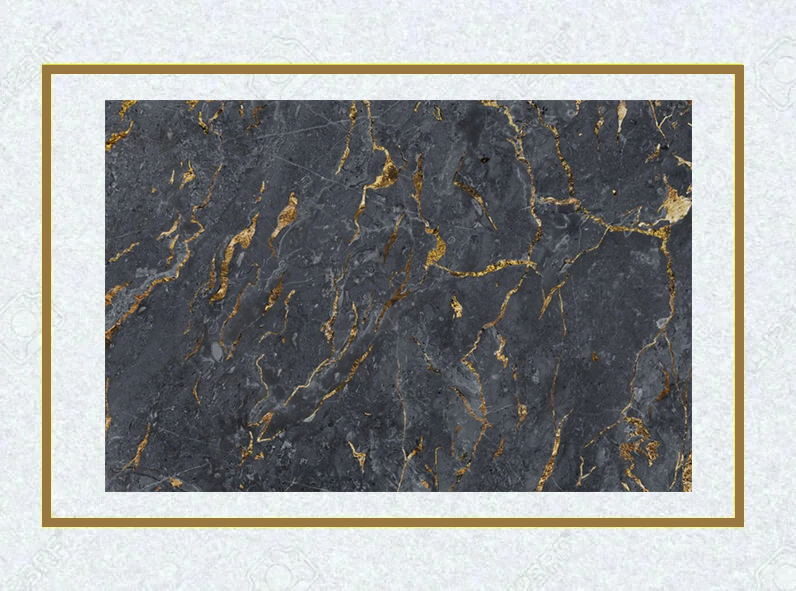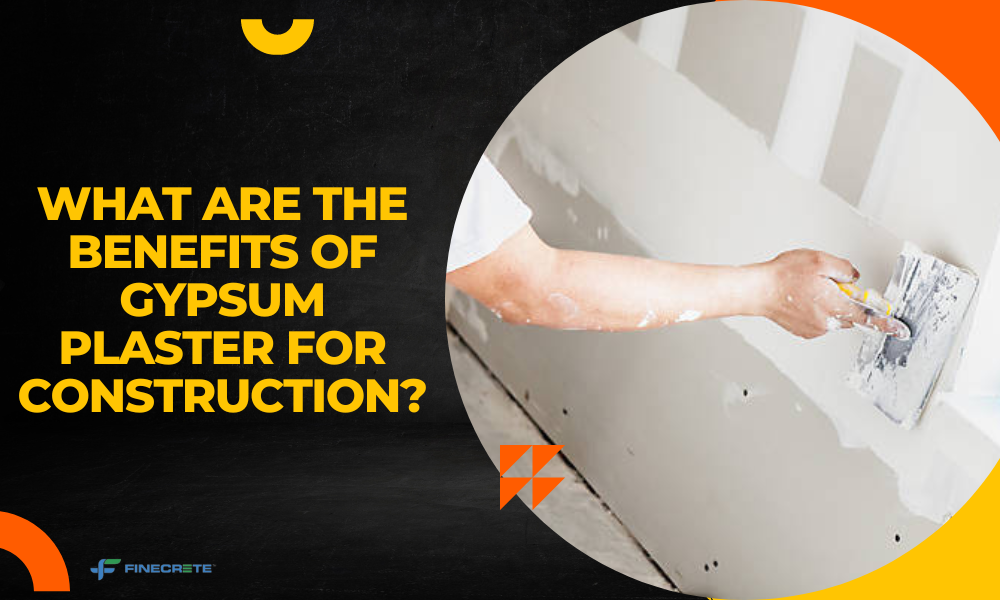Gypsum plaster is a type of cement that comes from a mineral called gypsum. It is a naturally occurring mineral that is mined from quarries and then processed into various forms of cement. Gypsum plaster is a mixture of water and gypsum that is mixed together until it becomes a solid consistency. This kind of plaster has become more popular among builders and contractors due to its superior finish and time-saving qualities. The thermal conductivity of gypsum is low. This reduces the cost of electricity used to heat and cool a building’s rooms. Since cement and sand must be proportioned properly, cement plaster requires careful quality inspection.
Gypsum plaster, on the other hand, does not need as many quality checks before application, which reduces the amount of supervision required. There are many different types of gypsum plasters that can be used for different purposes. It is important for you to source your plaster from the best gypsum plaster manufacturers in Haryana which are known for quality supplies.
Benefits of Gypsum Plaster for Construction:
One of the most popular uses of gypsum plaster is for interior wall applications. Interior walls are often covered with drywall, which is a sheet material that is commonly made out of paper products. Drywall sheets are not waterproof, so they need to have some sort of protection. Gypsum plaster provides a protective layer between the drywall and the surface below.
Gypsum plaster is impact and fire-resistant and has good insulation qualities. Additionally, gypsum has a superior finish and saves much time during construction. These properties have undeniably influenced contractors and home builders to prefer gypsum plaster to conventional cement plaster. Gypsum can be applied directly over the brick or wood base, eliminating the need for additional finishing. Gypsum plaster is more flexible than other types of traditional plaster because it is simple to apply and level.
Gypsum plaster can also be used for exterior applications. Exterior applications include siding, stucco, and brickwork. These materials are applied over wood or metal surfaces and provide a protective barrier. This plaster does not require any additional chemicals or additives to work properly. It is safe for use around children and pets. It is also environmentally friendly since it is biodegradable. It is possible for you to get quality supplies from gypsum plaster suppliers in India that are known for multi-state exports.
Gypsum plaster has many advantages over traditional cement. Traditional cement is made from harmful chemical compounds that pollute the environment and cause damage to human health. Gypsum plaster contains no hazardous substances and is completely natural. It is also much cheaper than traditional cement. Gypsum plaster costs less as compared to the per-bag expense of traditional cement.
Gypsum is a substance that resembles chalk and is incredibly light. It can be found in nature in crystalline form. The construction industry has recently seen a number of new trends, technological advancements, and application-specific innovations with the aim of accelerating construction and enhancing performance.
Despite being a much more primitive material than cement and sand plaster, gypsum has only occasionally been used extensively in the building industry. Due to its properties, gypsum has lately proven to be a miraculous material assisting interior construction.
Related Articles: What Are The Different Advantages Of Gypsum Plaster?






